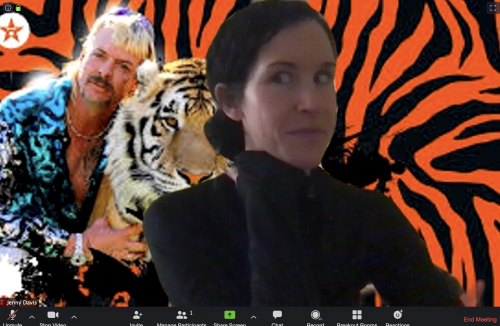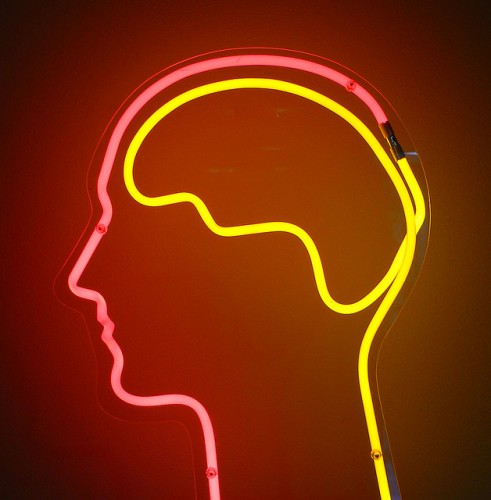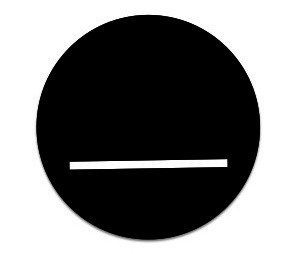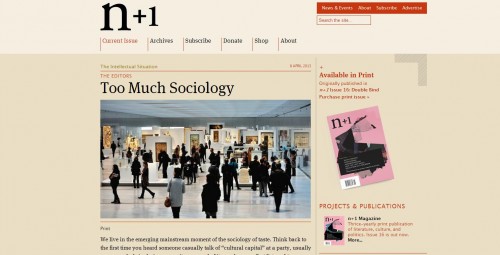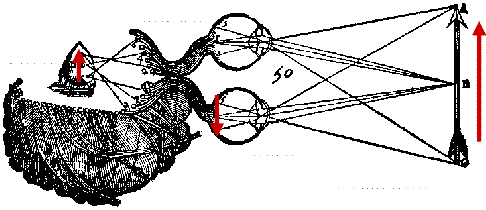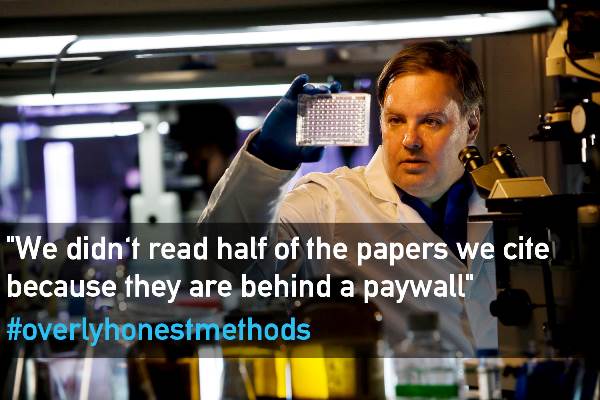The following is an edited transcript of a brief talk I gave as part of the ANU School of Sociology Pandemic Society Panel Series on May 25, 2020.
The rapid shift online due to physical distancing measures has resulted in significant changes to the way we work and interact. One highly salient change is the use of Zoom and other video conferencing programs to facilitate face-to-face communications that would have otherwise taken place in a shared physical venue.
A surprising side effect that’s emerging from this move online has been the seemingly ubiquitous, or at least widespread, experience of physical exhaustion. Many of us know this exhaustion first-hand and more than likely, have commiserated with friends and colleagues who are struggling with the same. This “Zoom fatigue,” as it’s been called, presents something of a puzzle.
Interacting via video should ostensibly require lower energy outputs than an in-person engagement. Take teaching as an example. Teaching a class online means sitting or standing in front of a computer, in the same spot, in your own home. In contrast, teaching in a physical classroom means getting yourself to campus, traipsing up and down stairs, pacing around a lecture hall, and racing to get coffee in the moments between class ending and an appointment that begins 2 minutes sooner than the amount of time it takes you to get back to your office. The latter should be more tiring. The former, apparently, is. What’s going on here? Why are we so tired? more...

